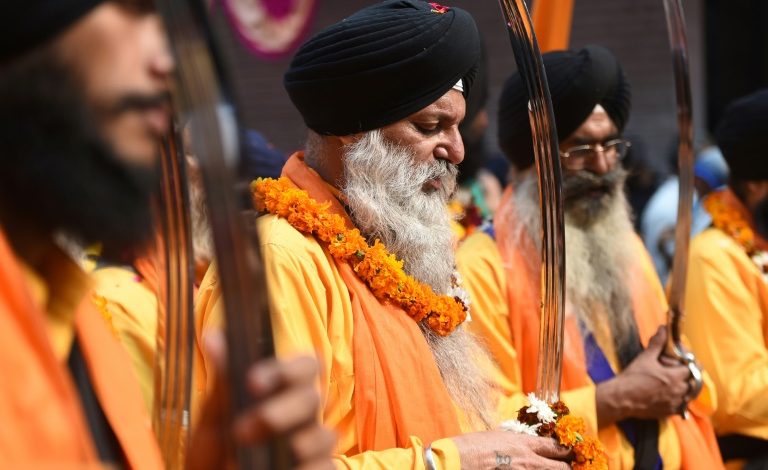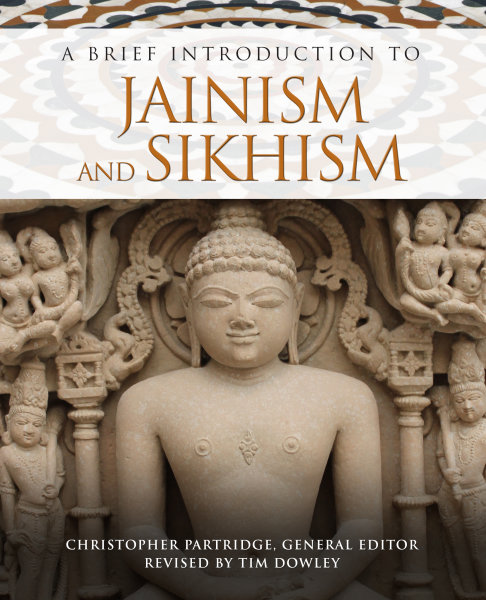A Brief Introduction And History of Sikhism.

Introduction to Sikhism
Sikhism- is a religion that started in India. It began in the 15th century. Guru Nanak founded . He wanted to create a new path. This path combined the best of Hinduism and Islam.

Credit: www.fortresspress.com
Who is Guru Nanak?
Guru Nanak was born in 1469. He was born in a village called Talwandi. This village is now in Pakistan. Guru Nanak was a very wise and kind person. He believed in one God. He also believed in equality for all people.
The Ten Sikh Gurus
After Guru Nanak, there were nine more gurus. These ten gurus shaped Sikhism. Each guru added to the religion. They helped people understand God’s teachings.
| Guru | Years | Contribution |
|---|---|---|
| Guru Nanak | 1469-1539 | Founded Sikhism |
| Guru Angad | 1504-1552 | Created Gurmukhi script |
| Guru Amar Das | 1479-1574 | Introduced Langar |
| Guru Ram Das | 1534-1581 | Founded Amritsar |
| Guru Arjan | 1563-1606 | Compiled Adi Granth |
| Guru Hargobind | 1595-1644 | Started Sikh military tradition |
| Guru Har Rai | 1630-1661 | Spread Sikh teachings |
| Guru Har Krishan | 1656-1664 | Known for healing |
| Guru Tegh Bahadur | 1621-1675 | Martyr for freedom |
| Guru Gobind Singh | 1666-1708 | Founded Khalsa |
Key Beliefs of Sikhism
Sikhism has some core beliefs. These beliefs guide the lives of Sikhs. Here are some of them:
- One God: Sikhs believe in one God. They call God Waheguru. God is formless and eternal.
- Equality: Sikhs believe everyone is equal. They do not believe in caste or race.
- Service: Sikhs believe in helping others. They do this through sewa, or selfless service.
- Honesty: Sikhs believe in being truthful. They live an honest life.
- Sharing: Sikhs believe in sharing with others. this through langar, a free community kitchen.
The Sikh Holy Book: Guru Granth Sahib
The Guru Granth Sahib is the holy book of Sikhism. It is considered the final Guru. The book contains hymns and teachings. These were written by the Sikh Gurus. It also includes writings from other saints.
The Khalsa
Guru Gobind Singh founded the Khalsa in 1699. The Khalsa is a group of baptized Sikhs. They follow strict rules. They wear five symbols of faith. These are called the Five Ks.
-
-
- Kes: Uncut hair
- Kanga: A wooden comb
- Kara: A steel bracelet
- Kachera</strong>
-
Sikh Festivals
Sikhs celebrate many festivals. These festivals are important. They help Sikhs remember their history. They also bring the community together.
-
-
- Vaisakhi: This marks the founding of the Khalsa. It is celebrated on April 14th.
- Gurpurab: These are birthdays of the Gurus. The most important one is Guru Nanak’s birthday.
- Diwali: Sikhs celebrate Diwali to remember the release of Guru Hargobind.
-
Sikh Places of Worship: Gurdwaras
Sikhs worship in gurdwaras. The word “gurdwara” means “door to the Guru”. Gurdwaras are open to everyone. They offer free meals to all visitors. This is part of the Sikh practice of langar.

Credit: www.amazon.com
Frequently Asked Questions
The Origin Of Sikhism?
Sikhism originated in the Punjab region of India in the late 15th century with Guru Nanak.
Who Founded Sikhism?
Sikhism in the 15th century. He was the first of the ten Sikh Gurus.
The Core Beliefs Of Sikhism?
Sikhism emphasizes monotheism, equality, justice, and community service. It rejects caste systems and rituals.
How Did Sikhism Spread?
Sikhism spread through the teachings of its ten Gurus and the establishment of Sikh communities.
Sikhism is a religion of peace and equality. It teaches love, service, and honesty. The history of Sikhism is rich and inspiring. The teachings of the Sikh Gurus guide today. They help make the world a better place.



